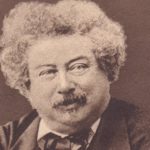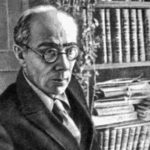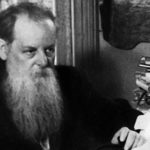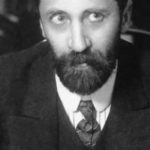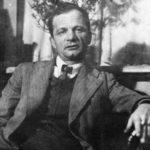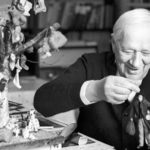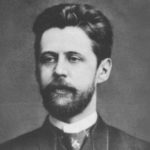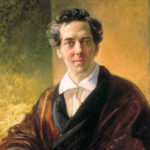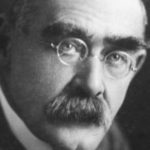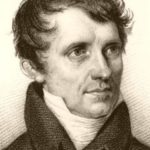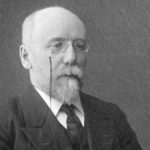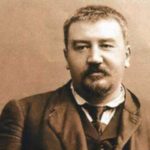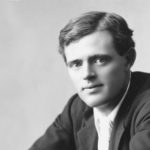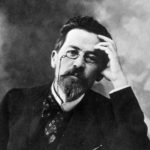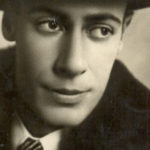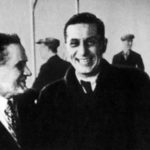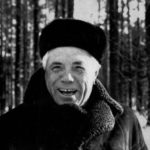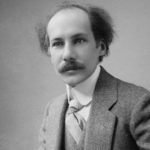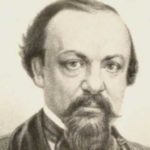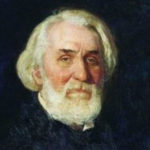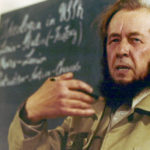Interesting facts about Dmitry Mamin-Sibiryak
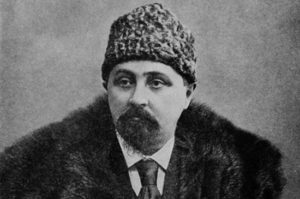 Writer Dmitry Mamin-Sibiryak, a representative of the classical Russian literary school, wrote many surprising works during his writing career. He proved himself not only as a talented playwright, but also as a writer of children’s fairy tales, kind and bright. Such a versatile talent allowed him to forever inscribe his name in the list of the best Russian writers.
Writer Dmitry Mamin-Sibiryak, a representative of the classical Russian literary school, wrote many surprising works during his writing career. He proved himself not only as a talented playwright, but also as a writer of children’s fairy tales, kind and bright. Such a versatile talent allowed him to forever inscribe his name in the list of the best Russian writers.
The real name of the writer is Mamin. The word “Siberian” he added later.
The father of the future writer was a priest, and he wanted his son to follow in his footsteps.
Learning path Mamina-Sibiryak was long. After spiritual studies at a school and a seminary, he began studying medicine at the University of St. Petersburg, and then became interested in natural science.
While studying at a religious school, Mamin-Sibiryak practically starved due to lack of money. Later he described this period of his life as the most useless, not bringing him any knowledge and no benefit.
He wrote his first stories while studying in a theological seminary.
In St. Petersburg, Mamin-Sibiryak, after lecturing at the university, worked as a tutor to feed himself.
Education at the University of Mamin-Sibiryak had to be interrupted due to the disease of tuberculosis.
After the death of his father on his shoulders lay the content of the whole family. For nine years, he wrote articles and essays for various publications, earning writing.
Mamin-Sibiryak traveled extensively in the Urals and its environs. Impressions of these trips later formed the basis of his book From the Urals to Moscow.
He was friends with Gleb Ouspensky and Anton Chekhov.
Before combining a pseudonym and a surname into one whole, Mamin-Sibiryak often signed his stories like “D. Siberian”.
The writer worked on the Privalovsky Millions novel for about ten years.
At the end of the 19th century, the writer broke up with his wife, and soon married a second time. After the wedding, the couple moved to St. Petersburg again.
Mamin-Sibiryak’s wife died during childbirth, leaving him a daughter, Alena, suffering from cerebral palsy. It was for her that he invented fairy tales, later published as a collection of Alyonushkin Tales.
